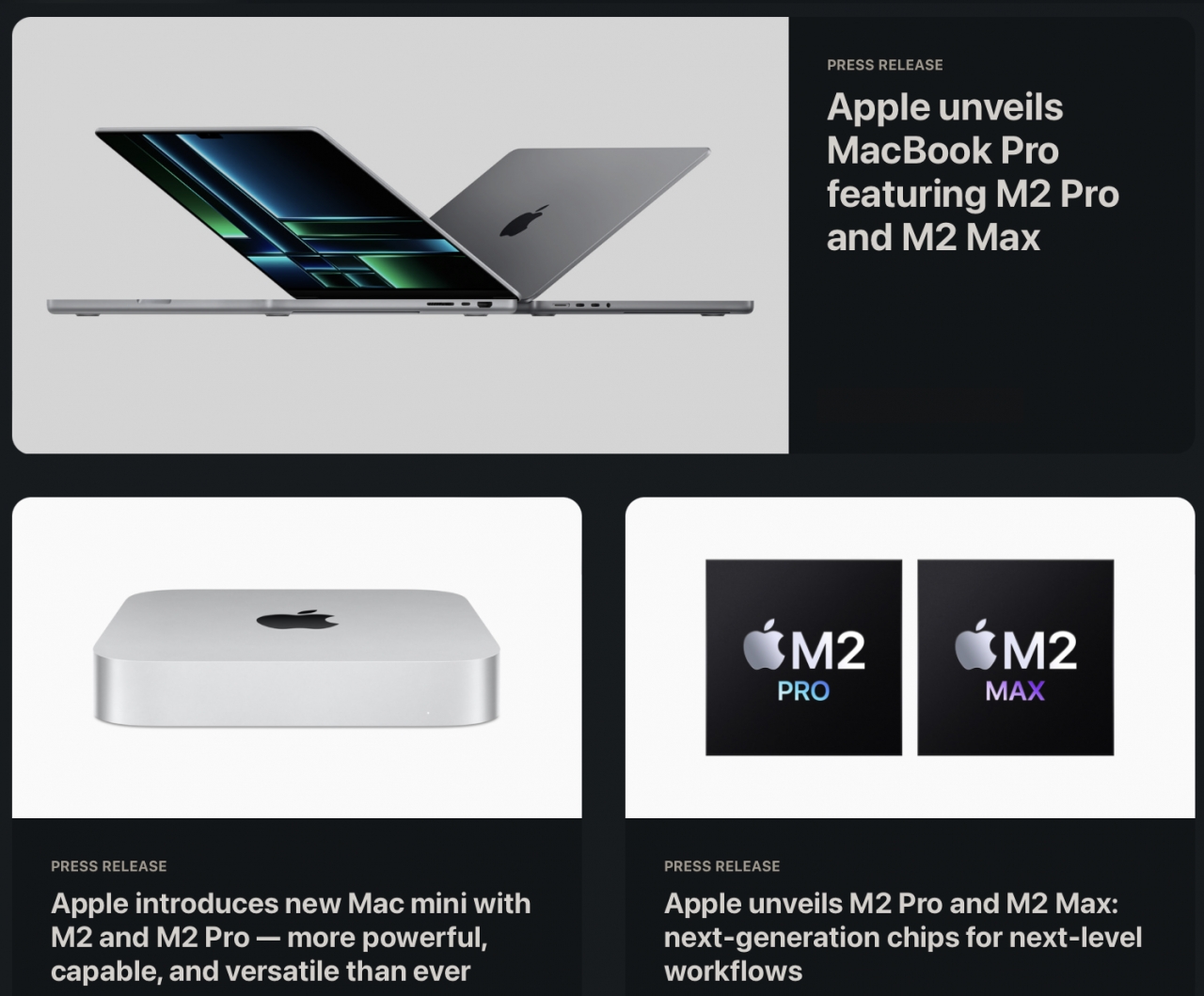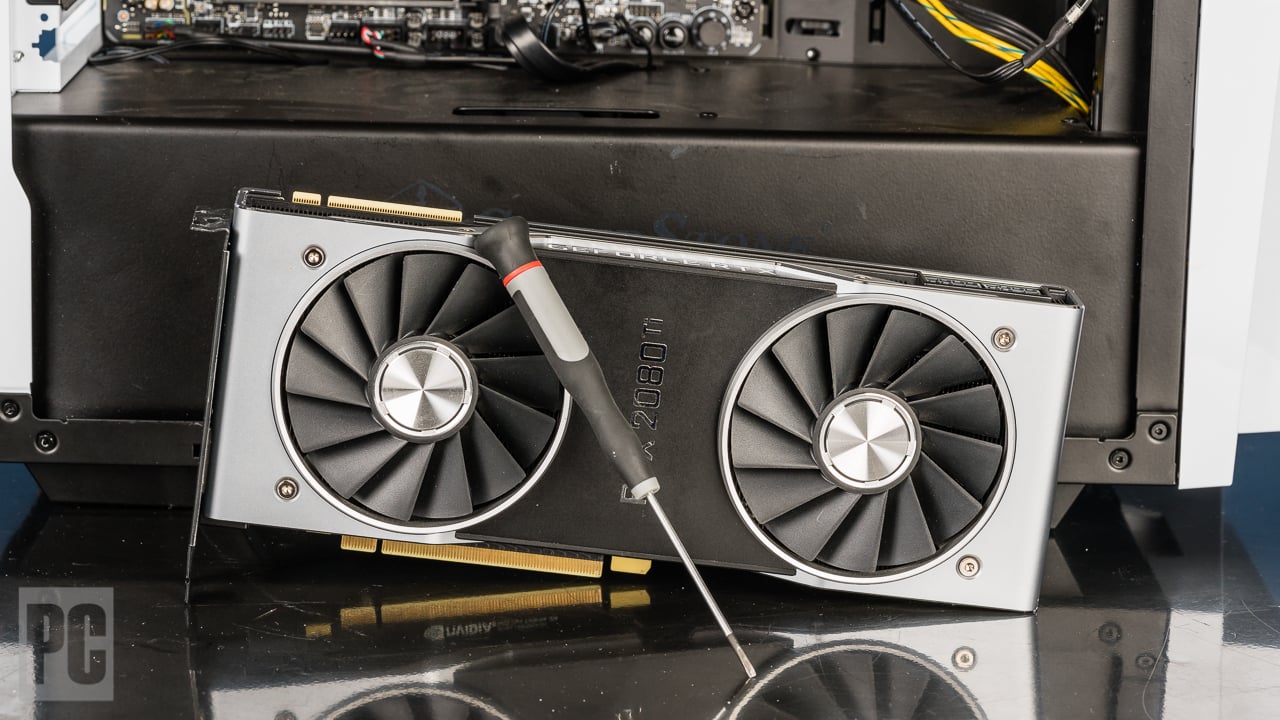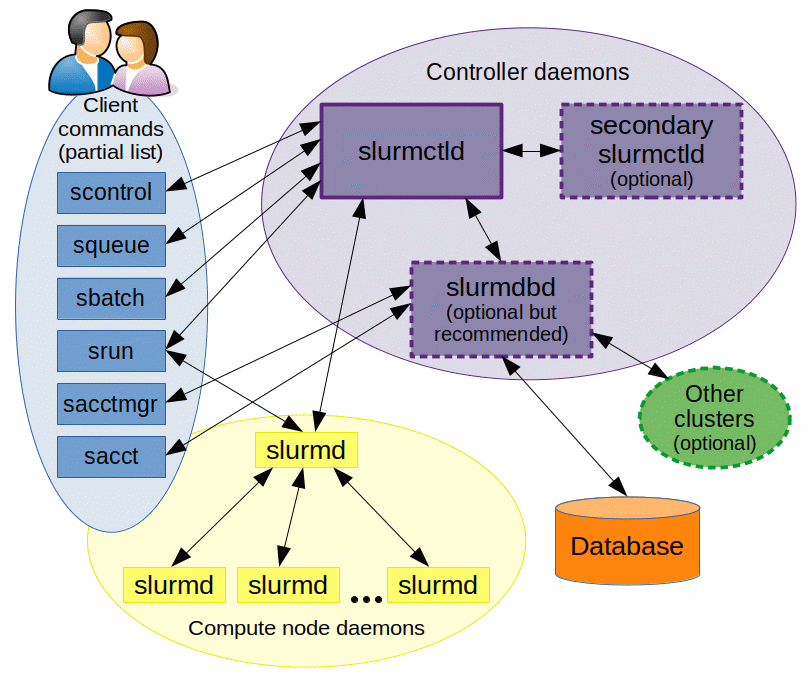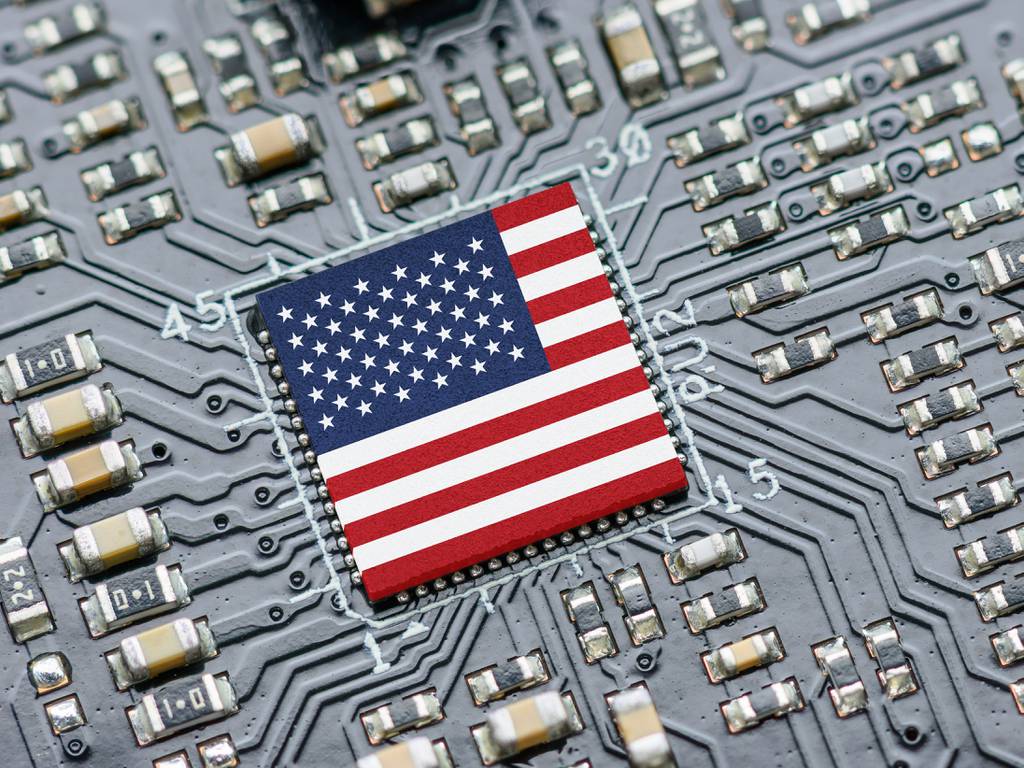Whether AMD CPUs are better than Intel depends on various factors such as price-performance ratio, specific use cases, and the latest technological developments. Each has its strengths in different areas of computing.
In the dynamic world of computer processors, the competition between AMD and Intel has intensified, leading to rapid innovation and performance improvements. AMD has garnered a strong reputation for offering high-core-count processors at competitive prices, making them a popular choice for gamers and content creators.
Intel, traditionally known for its high-performing CPUs, continues to excel in single-threaded applications and maintains a significant presence in the laptop and enterprise markets. Both brands constantly update their technology, aiming for optimization, efficiency, and power to suit a range of user needs, from everyday computing to professional workloads. Choosing the right CPU depends on individual requirements, budget, and the type of performance sought after by the user.

Credit: gadgetmates.com
Battle Of The Brands: Amd Vs. Intel
AMD and Intel lead the CPU industry. They compete fiercely. Tech enthusiasts often debate their merits. Each brand has its loyal followers. The battle is not just about speed. It is about innovation, efficiency, and market leadership.
Historical Dominance In The Cpu Market
For years, Intel reigned supreme in CPU markets. Their processors powered countless PCs globally. Intel’s technology set the pace for performance. But the landscape shifted.
AMD stepped up its game. They launched competitive chips. These CPUs offered similar performance at lower costs. Gamers and professionals took notice. The rival started to catch up.
Current Market Position: Who Leads?
The tide is turning in the computer world. Various benchmarks and user reviews compare current offerings.
| Aspect | Intel | AMD |
|---|---|---|
| Raw Performance | Varies with model | Varies with model |
| Power Efficiency | Leaders in some series | Competitive with Ryzen |
| Price | Premium options cost more | Often less expensive |
| Market Share | Traditionally higher | Gaining steadily |
Today’s market sees a closer race. Intel still has strong sales. But AMD impresses with innovation. Users now prioritize what matters most to them. Performance, price, or power consumption may sway their choice.

Credit: itwire.com
Key Factors In Cpu Performance
When choosing a CPU, it’s crucial to understand key factors impacting performance. This helps in determining whether AMD or Intel processors better suit your needs. Let’s delve into the specifics that define their capabilities.
Clock Speeds And Core Counts
Clock speed determines how fast a CPU executes instructions. It’s measured in gigahertz (GHz). A higher clock speed can mean quicker task handling. But that’s not the sole factor.
CPUs also have cores. More cores mean multiple tasks get handled simultaneously.
Let’s compare:
- AMD often boosts multi-thread performance with higher core counts.
- Intel balances between clock speeds and core counts for versatility.
Architecture Innovations
A CPU’s architecture is its design blueprint. It defines efficiency and performance. Both AMD and Intel constantly innovate their architectures.
AMD’s Zen series brought competitive performance improvements. Intel’s Tiger Lake and Ice Lake generations have advanced deep learning capabilities
These innovations impact how a CPU handles software and tasks. They push boundaries in computational power.
Thermal Management And Power Efficiency
CPUs generate heat. Good thermal management keeps performance stable. It is vital for longevity too. Power efficiency also matters, especially in laptops.
AMD and Intel employ various techniques:
| AMD | Intel | |
|---|---|---|
| Thermal Design | Uses advanced cooling solutions | Employs smart thermal technologies |
| Power Usage | Targets efficiency with fine-tuned adjustments | Strives for balance between performance and power consumption |
Lower temperatures and efficient power use lead to a smoother CPU experience. Both companies strive for these advancements.
Amd’s Rise With Ryzen
In the world of computing, a seismic shift occurred with the arrival of AMD’s Ryzen processors. Gone are the days where one name dominated the CPU market. Ryzen’s debut challenged long-held expectations, offering incredible performance, affordability, and continuous innovation.
Breaking The Performance Barrier
AMD’s Ryzen series has consistently shattered performance ceilings. With each new generation, Ryzen CPUs bring more cores, higher clock speeds, and smarter architecture. This advancement propels tasks like gaming, rendering, and multitasking to new heights.
- Better multi-threading performance
- Higher core counts at competitive prices
- Enhanced energy efficiency
Impact On Consumer And Enterprise Markets
Ryzen CPUs have made significant inroads in both home and business usage. Their impact is felt across various sectors, accelerating productivity and powering data centers with robust enterprise solutions. Details are captured in the following table:
| Market | Impact |
|---|---|
| Consumer | Revolutionized gaming and content creation |
| Enterprise | Empowered servers with heightened efficiencies |
The Price To Performance Ratio
AMD’s edge becomes apparent in the price-to-performance ratio. Ryzen CPUs deliver top-tier performance without a premium price tag. This value proposition is crucial for buyers seeking power without draining their wallets.
Consider this bulleted list highlighting Ryzen’s cost-effectiveness:
- Competitive pricing across all tiers
- Outstanding performance within each price segment
- Lower total cost of ownership over time

Credit: www.techpowerup.com
Intel’s Response To The Ryzen Revolution
The rise of AMD’s Ryzen CPUs sent shockwaves through the tech world. Faced with fierce competition, Intel geared up its game, pushing the envelope in processor innovation. Consumers are eager to see how the tech giant counters AMD’s advances, making the CPU battlefield more exciting than ever.
Innovation In Intel’s Core Series
Intel’s pursuit of excellence is evident in their Core series upgrades. The company has unleashed cutting-edge technologies that promise higher speeds, better efficiency, and overall superior performance. This includes advancements in their flagship i9, i7, i5, and i3 processors.
- 10nm SuperFin Technology for power efficiency
- Integrated Xe graphics for immersive experiences
- Next-level AI with Deep Learning Boost
Targeting Gamers And Creators
Games and creativity software demand high performance and fast response times. Intel hones in on these needs, offering customized solutions. Their CPUs feature:
| Feature | Benefit |
|---|---|
| Enhanced Core and Thread Counts | Multitasking without compromising speed |
| Overclocking Capabilities | Pushing the limits for gaming excellence |
| Optane Memory Support | Lightning-fast load times |
Optimization For Ai And Complex Workloads
Intel recognizes the need for complex data processing abilities in today’s tech landscape. The company’s CPUs are optimized for AI and heavy workloads. Key features include:
- Intel DL Boost for AI acceleration
- Hybrid cloud capabilities for flexibility
- Advanced security for data protection
Future Projections In The Cpu Race
As tech fans eagerly watch the CPU arena, the future holds intriguing possibilities. AMD and Intel battle fiercely in this high-stakes race. What will the next turns bring? Let’s dive into the emerging trends that will shape tomorrow.
Emerging Technologies And Their Impact
Bold new tech is changing the game. AMD and Intel are pushing the limits. They use cutting-edge approaches to boost performance. Here are some game-changers:
- Chiplet Designs: They make CPUs more flexible and powerful.
- 3D Stacking: This piles chips vertically to save space and speed up tasks.
- AI Integration: CPUs are getting smarter, with abilities to learn and adapt.
New tech means new potential. But also new challenges. Both giants need to stay sharp to keep up.
Predicting The Next Leader In Processing Power
Today’s leader may not hold the throne tomorrow. Many predict the crown will change heads. Performance, efficiency, and cost will decide who wears it. Both contenders have strong suits:
| Criteria | AMD | Intel |
|---|---|---|
| Performance | Strong in multi-threading | Excel in single-core tasks |
| Efficiency | Impressive with Ryzen | Optimized with new architectures |
| Price | Often more budget-friendly | Premium models at higher cost |
The race’s outcome is tough to call. Both AMD and Intel hold aces up their sleeves.
Investment And R&d Directions
Money steers the ship in tech development. It’s true for CPUs too. Both companies are pouring funds into research and development (R&D). Take a look:
- AMD invests heavily in new manufacturing processes.
- Intel commits to advanced research labs and partnerships.
- Both push for software optimization and ecosystem growth.
Betting on R&D can lead to big wins down the line. It’s a race of innovation and determination.
User Experience And Ecosystem
User Experience and Ecosystem play crucial roles in choosing between AMD and Intel CPUs. User experience goes beyond raw performance; it includes how the CPU interacts within a computer’s ecosystem. Users consider compatibility, software optimization, and community support when selecting a CPU. This section explores these aspects, shedding light on what AMD and Intel offer.
Compatibility With Other Hardware
Building a computer requires components that work together seamlessly. CPU compatibility hinges on motherboard support.
- AMD often uses the same socket type for different generations. Users enjoy wider motherboard compatibility across CPU updates.
- Intel frequently changes socket types. Users may need a new motherboard for CPU upgrades, impacting long-term costs and convenience.
Software Optimization And Support
Software optimization ensures smooth performance and better user experience. Here’s how CPU brands stack up:
| Brand | Software Optimization | Support |
|---|---|---|
| AMD | Strong focus on gaming and graphics-related optimization. | Good support for open-source and gaming communities. |
| Intel | Extensive optimization for a wide range of applications. | Strong industry support in professional and enterprise environments. |
Community Perceptions And Brand Loyalty
Community opinion shapes brand loyalty. Here’s what users typically perceive:
- AMD is often viewed as the underdog offering high value for money. It has a loyal following in gaming circles.
- Intel is perceived as a market leader with a reputation for reliability. It attracts users in enterprise and professional fields.
Brand loyalty affects user experience, as communities often share troubleshooting tips and optimizations.
Making The Right Choice For Your Needs
AMD and Intel CPUs offer different strengths. The key to satisfaction lies in knowing what you need. We will walk you through understanding your requirements, comparing performance, and assessing future-proofing. Your ideal processor meets your demands without exceeding them.
Identifying Your Computing Requirements
Begin by listing your daily tasks. Heavy gaming, video editing, or simple web browsing? Each task demands different CPU capabilities. Gaming needs strong graphics handling. Video editing seeks quick processing times. Basic tasks need less power.
- Gaming: High-core count and speed
- Editing: Multithreading, fast performance
- Web browsing: Efficiency, fewer cores
Comparing Benchmarks And Reviews
Benchmarks reveal CPU power. Review sites test and compare. They help you see how AMD stacks up against Intel. Look for tests matched to your tasks. A gamer? Seek gaming benchmarks. A content creator? Look for rendering tests. Use reviews to inform, not decide. Your use case is unique.
| Task | AMD CPU | Intel CPU |
|---|---|---|
| Gaming | Ryzen Scores | Core Scores |
| Editing | Ryzen Scores | Core Scores |
Evaluating Long-term Value And Upgrade Paths
Consider the lifespan of your CPU. Examine the motherboard compatibility. AMD has a history of support for older sockets. This can mean easier upgrades later. Intel often requires new motherboards with new CPUs, increasing long-term costs. Think of future needs too. Does the CPU have room to grow with you?
- Review socket types – Ensure longevity.
- Investigate chipset support – Check for future compatibility.
- Analyze performance trends – Predict lifespan.
Frequently Asked Questions On Are Amd Cpu Better Than Intel
Which Is Better Intel Or Amd Processor?
The choice between Intel and AMD processors depends on your needs. Intel excels in single-core performance, ideal for gaming. AMD offers more cores at a better price, suiting multitasking and productivity tasks. Consider your specific requirements and budget to decide which is better for you.
Why Do People Prefer Intel Over Amd?
People often prefer Intel over AMD for their historically stronger performance in single-threaded applications and long-standing reputation for reliability. Intel’s processors are also widely compatible with various software and hardware, making them a go-to choice for many users.
Why Amd Is Cheaper Than Intel?
AMD often prices its processors lower than Intel to remain competitive. They leverage cost-effective manufacturing and aggressive market positioning to attract budget-conscious consumers seeking strong performance per dollar.
Is Amd Ryzen 7 Better Than I7?
The AMD Ryzen 7 and Intel i7 cater to different needs. AMD excels in multi-threaded tasks, while the i7 may lead in single-core performance. Choose based on your specific usage requirements.
Conclusion
Choosing between AMD and Intel CPUs depends on your needs. AMD excels in multitasking and affordability. Intel shines in performance and power efficiency. Both offer reliable processors that cater to different users. Assess your priorities to make the best decision for your computing experience.



